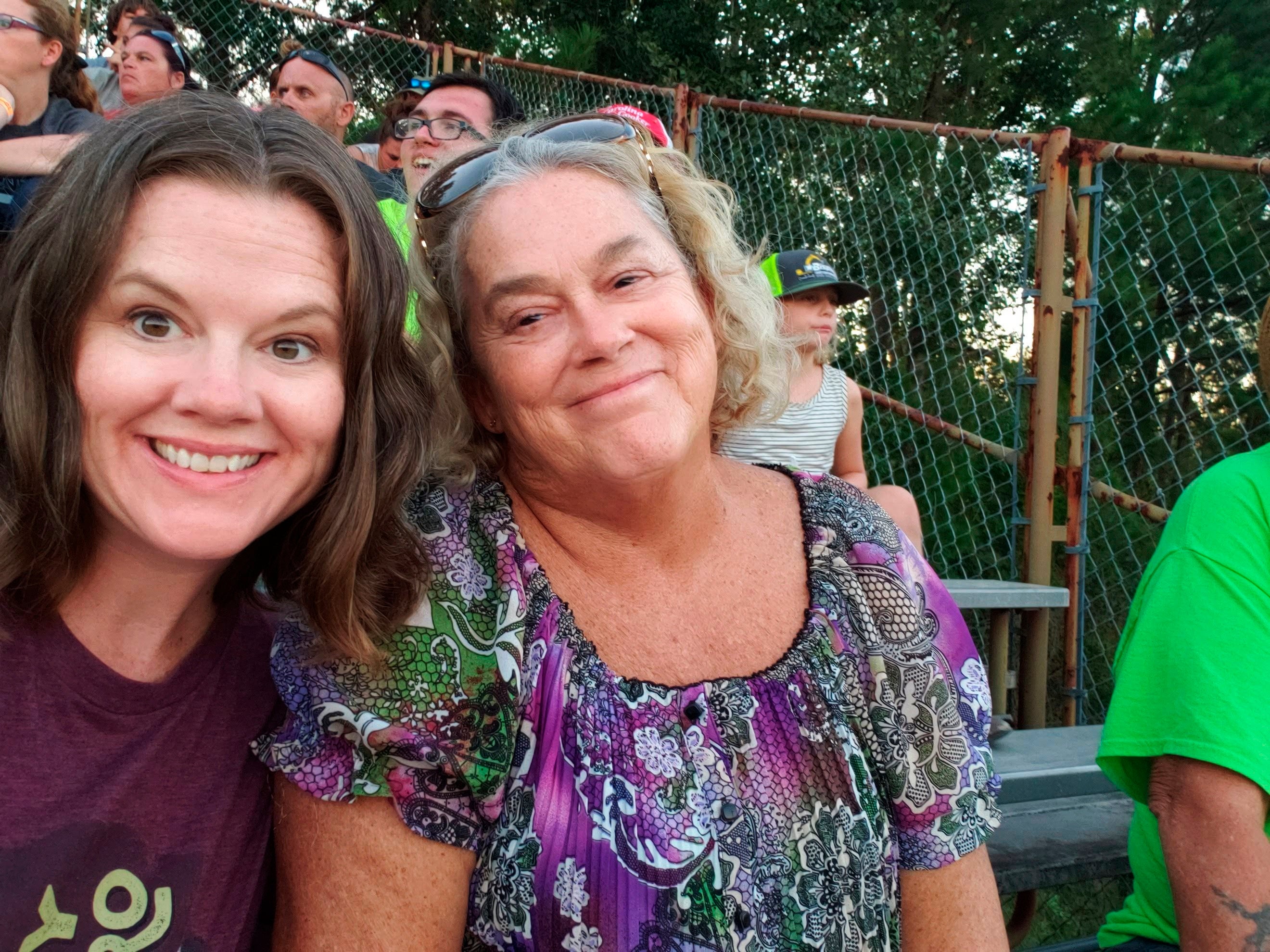NC elections official blocks mom's ballot after her death
A North Carolina elections director had to ask members of her board to reject her mother's absentee ballot because she died several weeks before the general election

Your support helps us to tell the story
From reproductive rights to climate change to Big Tech, The Independent is on the ground when the story is developing. Whether it's investigating the financials of Elon Musk's pro-Trump PAC or producing our latest documentary, 'The A Word', which shines a light on the American women fighting for reproductive rights, we know how important it is to parse out the facts from the messaging.
At such a critical moment in US history, we need reporters on the ground. Your donation allows us to keep sending journalists to speak to both sides of the story.
The Independent is trusted by Americans across the entire political spectrum. And unlike many other quality news outlets, we choose not to lock Americans out of our reporting and analysis with paywalls. We believe quality journalism should be available to everyone, paid for by those who can afford it.
Your support makes all the difference.A North Carolina elections director had to ask members of her board to reject her mother’s absentee ballot because she died several weeks before the general election.
Sara Knotts, director of Brunswick County elections, made the request last week. Her mother, Anne Ashcraft, 62, submitted her ballot in September, then died of brain cancer on Oct. 11, news outlets reported.
The Brunswick County Board of Elections voted unanimously to remove Ashcraft's absentee ballot. North Carolina election law requires voters to be alive on Election Day. This includes voters who cast their ballots by mail or during in-person early voting.
“Hardest thing I’ve done as an elections administrator: present a challenge against the absentee ballot cast by my mom,” Knotts tweeted last week.
“Honestly, when she was voting her ballot, she was under hospice care. So I knew that she may not be alive on Election Day,” Knotts said Monday.
She added that she briefly considered encouraging her mother not to vote to avoid the "red tape” of later removing the ballot. But Knotts knew that voting was important to Ashcraft.
“So I just kept my mouth shut,” Knotts said, and never told her mother about the election law that could get her ballot removed.
When the board took up the case, Knotts stepped aside and had another staff member present the case.
Questions over whether ballots count if someone votes early but dies before Election Day have been particularly pressing this year, amid a coronavirus outbreak that has been especially perilous for older Americans.
Seventeen states prohibit counting ballots cast by someone who subsequently dies before the election, but 10 states specifically allow it. The law is silent on the matter in the remaining states, according to research by the National Conference of State Legislatures.